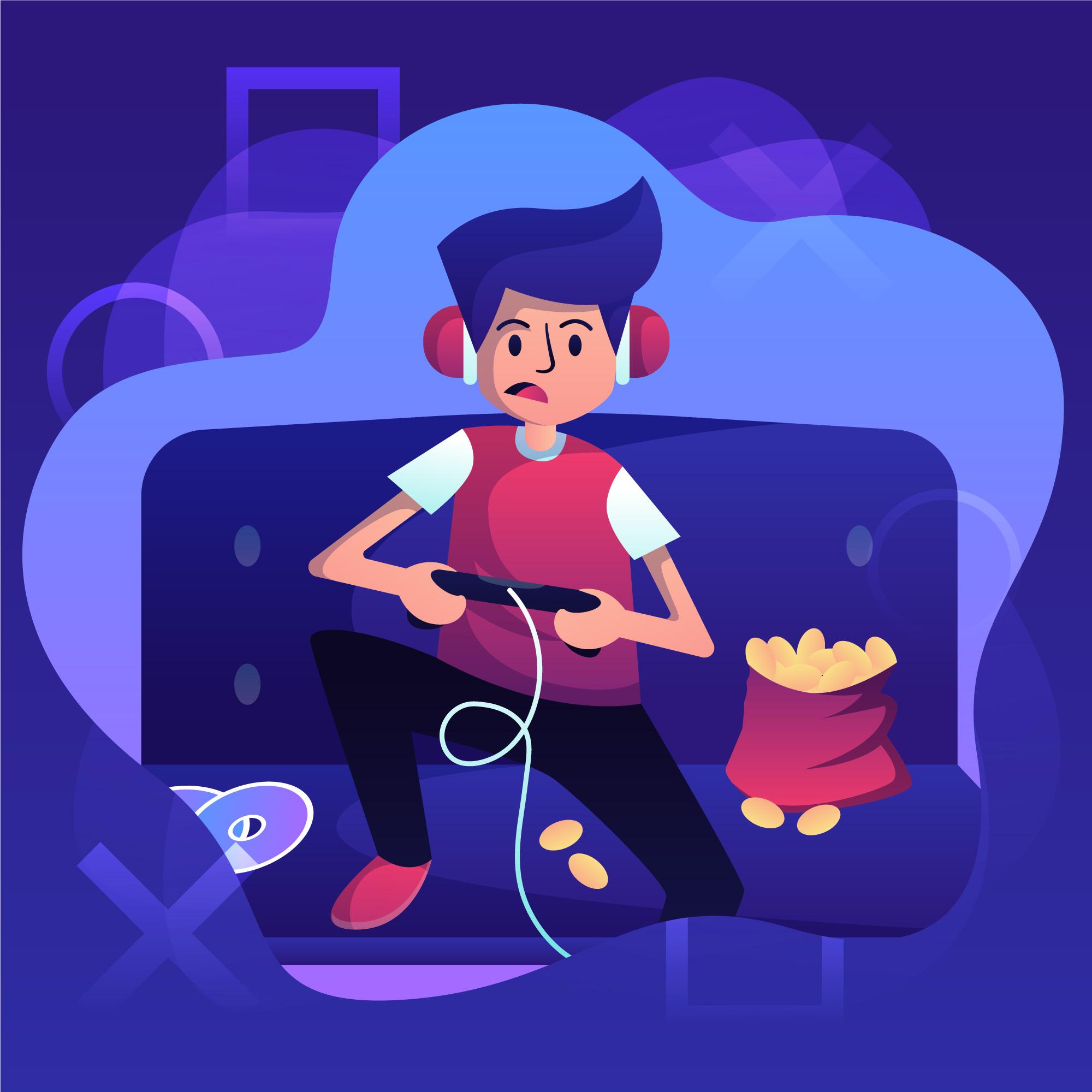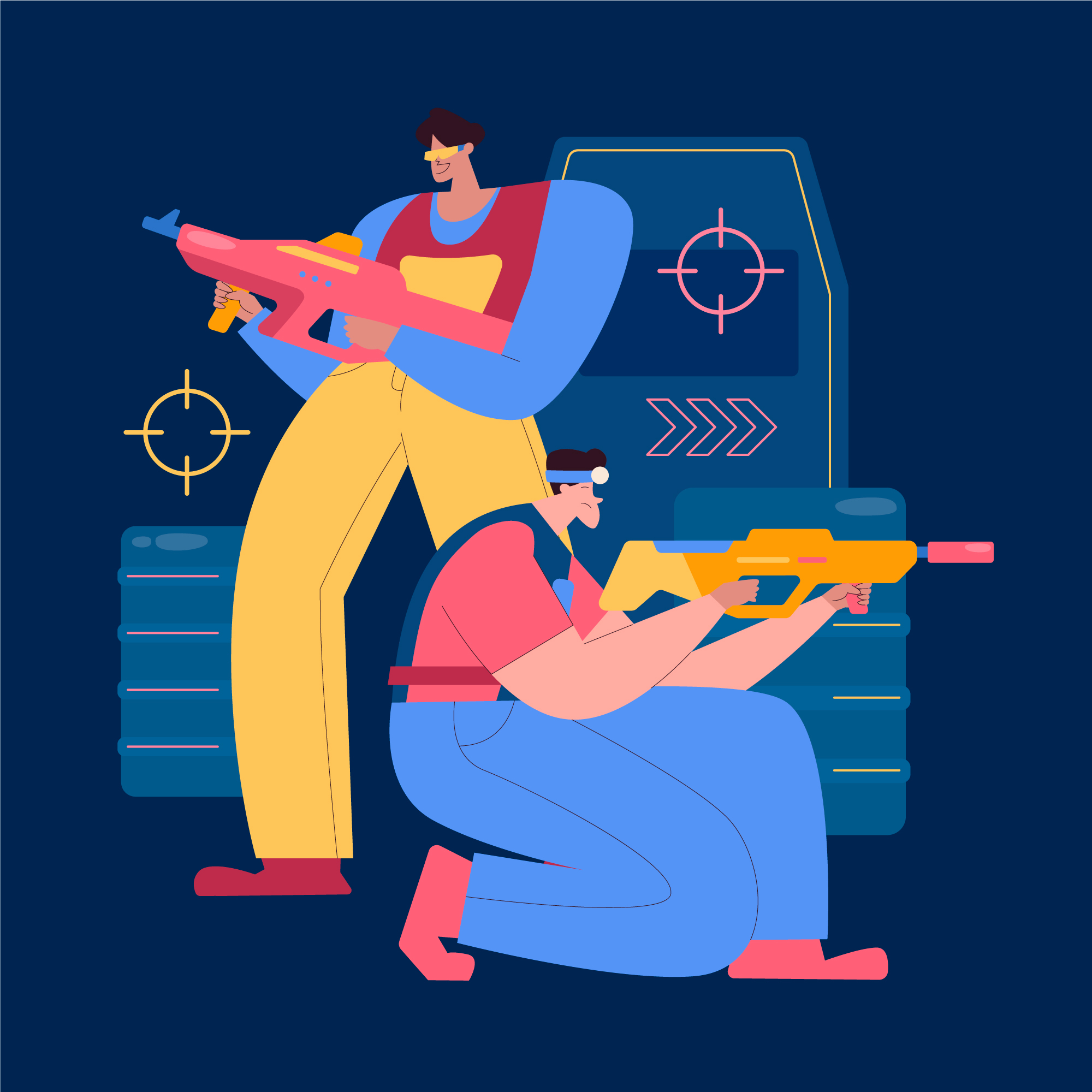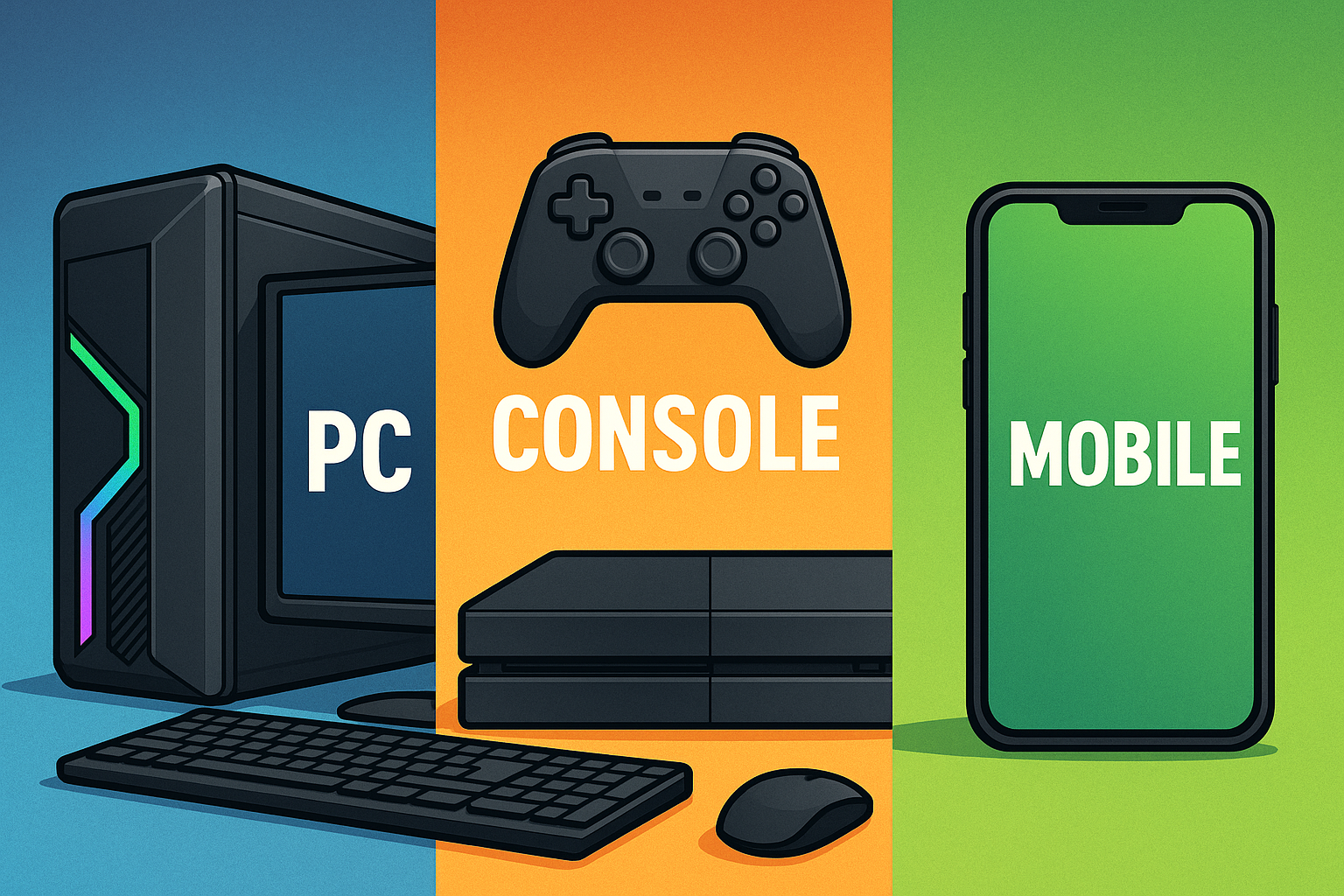In the expansive world of gaming, there is a companion creative power: game modding. Beyond mere playing, modding enables players to become co-creators—rewriting rules, reimagining worlds, and even creating new experiences altogether. From texture modifications to full-on conversions, modding is an art that gives players the power to mold their virtual worlds.
WHAT IS GAME MODDING?
Modding (short for “modifying”) is the process of modifying a video game’s files in order to change its behavior, graphics, mechanics, or storyline. Mods can be simple cosmetic changes or full overhauls.
Common Types of Mods:
- Cosmetic Mods: Skins, retextures, or UI changes
- Gameplay Mods: New mechanics, difficulty changes, or character powers
- Total Conversions: Convert a game into a whole new experience (e.g., DayZ from ARMA 2)
- Quality-of-Life Mods: Bug fixes, performance optimizations, HUD customization
- Community Expansions: Fan-made quests, maps, or story arcs
WHY MODDING MATTERS?
1. Extends Game Longevity
Games such as The Elder Scrolls V: Skyrim or Minecraft remain popular due to their active modding communities. Mods make games more replayable and fresh.
2. Empowers Creativity
Modding allows people to venture into game design and narrative. Future developers typically start by creating mods—some, such as the people who created Counter-Strike or Dota, even succeed in releasing standalone games.
3. Constructs Communities
Modding promotes collaboration. Websites such as Nexus Mods, ModDB, and Steam Workshop are communities where modders and players engage, exchange, and assist each other.
TOOLS OF THE TRADE
Modding is not necessarily about expert coding. Most games come with integrated modding tools (e.g., Bethesda Creation Kit, The Sims 4 Mod Constructor, or Unreal Editor). For others, players utilize:
- Blender or 3DS Max (for 3D models)
- Photoshop or GIMP (for textures)
- Notepad++ or Visual Studio Code (for script editing)
- Unity/Unreal Engines (for advanced or indie-level modding)
IS IT LEGAL?
Typically, modding is permitted for single-player purposes, particularly if a game’s EULA (End User License Agreement) authorizes it. However:
- Multiplayer Mods may be limited to avoid cheating
- Paid Mods have raised controversy (e.g., Valve’s short-lived try at monetized mods in 2015)
- IP Violation is a concern when modding copyrighted materials (such as Marvel skins or Disney characters)
Mod responsibly and obey developer rules at all times.
SUCCESS STORIES BORN FROM MODDING
- Dota 2 – Started as a Warcraft III custom map
- Counter-Strike – Became a Half-Life mod
- Garry’s Mod – A sandbox game built on the Source engine
- Enderal – A beautiful total conversion mod of Skyrim with a new world and narrative
These examples illustrate how mods can become cultural phenomena.
GETTING STARTED WITH MODDING
If you’re just starting with modding, here’s an easy step-by-step:
- Select a mod-friendly game (e.g., Skyrim, Stardew Valley, or Cities: Skylines)
- Begin with basic texture or sound swaps
- Learn scripting or game engine fundamentals using forums and guides
- Join communities for feedback and collaboration
Places to check out:
- Nexus Mods
- Mod DB
- Steam Workshop
THE FUTURE OF MODDING
Game designers are also increasingly adopting modding. With integrated editors, API access, and sandbox modes, not only will the next generation of gamers play games—but they’ll help create them. As open-world engines, VR, and AI grow in complexity, so too will the potential of what mods can do.
FINAL REMARKS
Modding isn’t just a pastime—it’s a doorway to studying design, coding, storytelling, and building communities. If you want to arm Mario with a machine gun or create a fantasy epic from the ground up, modding makes your imagination come alive as interactive art.





